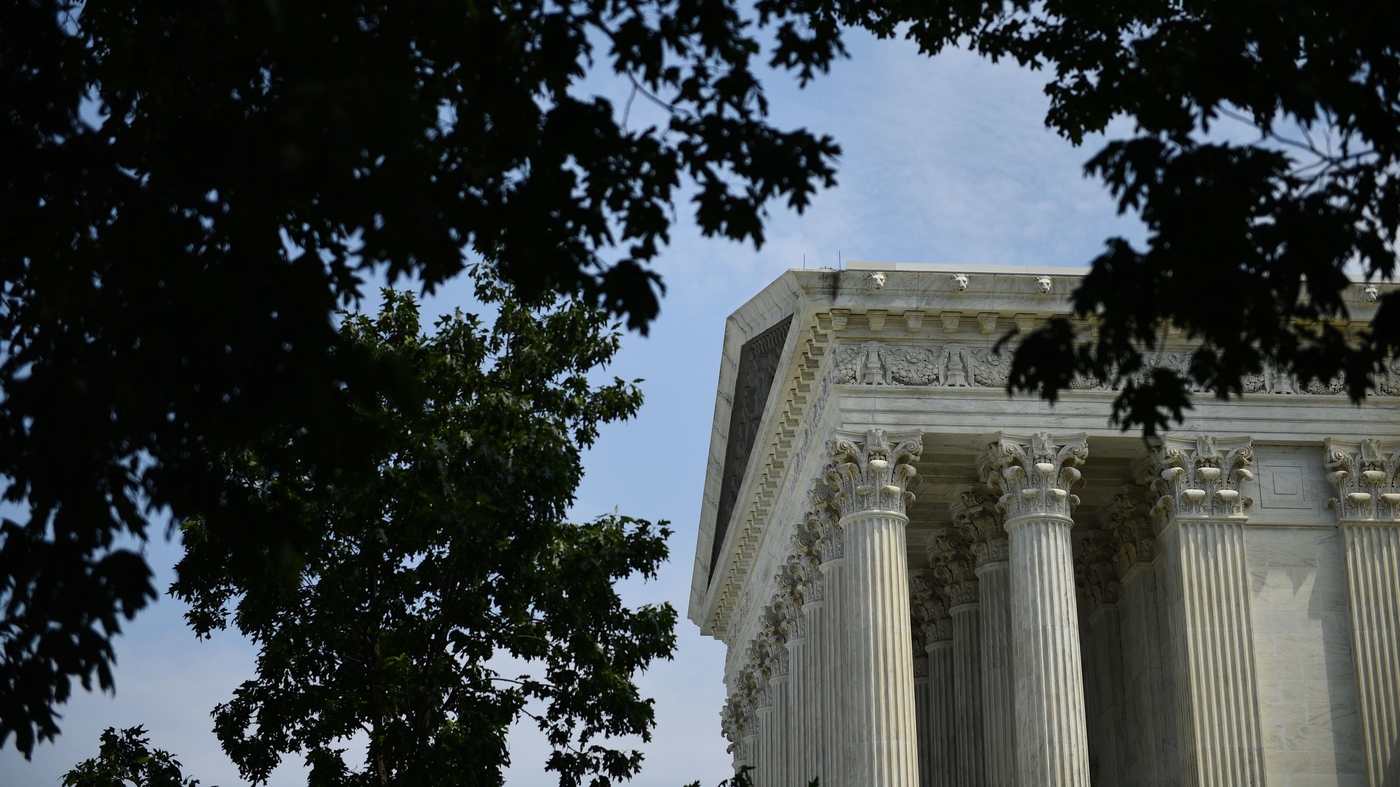- 63,610
- 50,738
- Joined
- May 23, 2005
Follow along with the video below to see how to install our site as a web app on your home screen.

Note: this_feature_currently_requires_accessing_site_using_safari
The people that are anti reparations get reparations from us all the time.
Crazy world.
Some lames extorted that countryexactly. Despicable. France extorted that country
Lots of African countries still paying "colonial tax" to France.
There economy depends on their protection racket.

Leopold killed up to 10 millions Africans.
